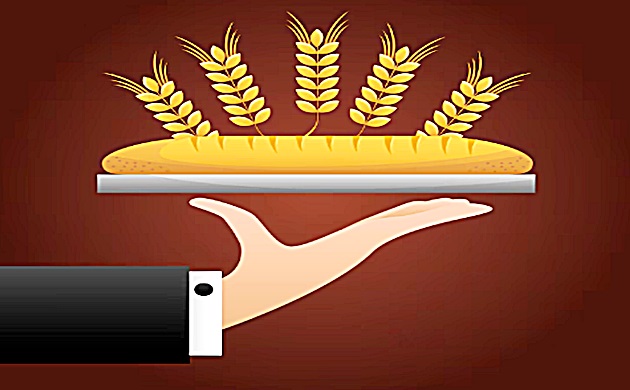813

The Chinese government has approved the production of the country's inaugural genetically modified wheat variety, a significant step towards the commercialization of genetically modified (GM) food crops, reports BackeryAndSnakes.
Caution
Despite rapid progress in various fields such as artificial intelligence, telecommunications, renewable energy, and electric vehicles, the Asian continent has been very slow in adopting biotechnology.
Among Chinese consumers, concerns persist regarding the safety of genetically modified crops.
Traditionally, the country has primarily imported genetically modified corn and soybeans for animal feed while cultivating non-GM varieties for human consumption. However, recent policy changes have seen increased approvals for the cultivation of genetically modified corn and soybean seeds, known for their higher yields and increased resistance to pests and herbicides.
Although adoption remains cautious due to health and environmental concerns, the Ministry of Agriculture has sanctioned the commercial cultivation of genetically modified wheat in Beijing.
Genetic Modification vs. Gene Editing
Unlike traditional genetic modification, which involves the introduction of foreign genes into plants, gene editing alters existing genes to improve performance, perceived by some scientists as a less risky approach.
Given China's status as the world's largest wheat producer and consumer, this approval for disease-resistant genetically modified wheat marks a milestone. It also plays a role in the increased need for food security, with China's population estimated at over 1.4 billion people in 2022, making it the most populous country in the world.
The move also opens technological prospects for other genetically modified crops intended for human consumption. As it stands, the Ministry has greenlit a new biotech corn variety with herbicide and insect-resistant traits, along with a high-yield genetically modified corn hybrid.
Additionally, Beijing is set to adopt new regulations this year regarding the labeling of genetically modified crops used in food products. Safety certificates for these arrangements have been granted for a period of five years starting from May 5, according to a document published by the Ministry of Agriculture and Rural Affairs.
As the world's largest buyer of soybeans and corn, China aims to boost domestic production using higher-yield seeds while reducing annual grain imports, which exceed 100 million metric tons. (Photo: Freepik)




